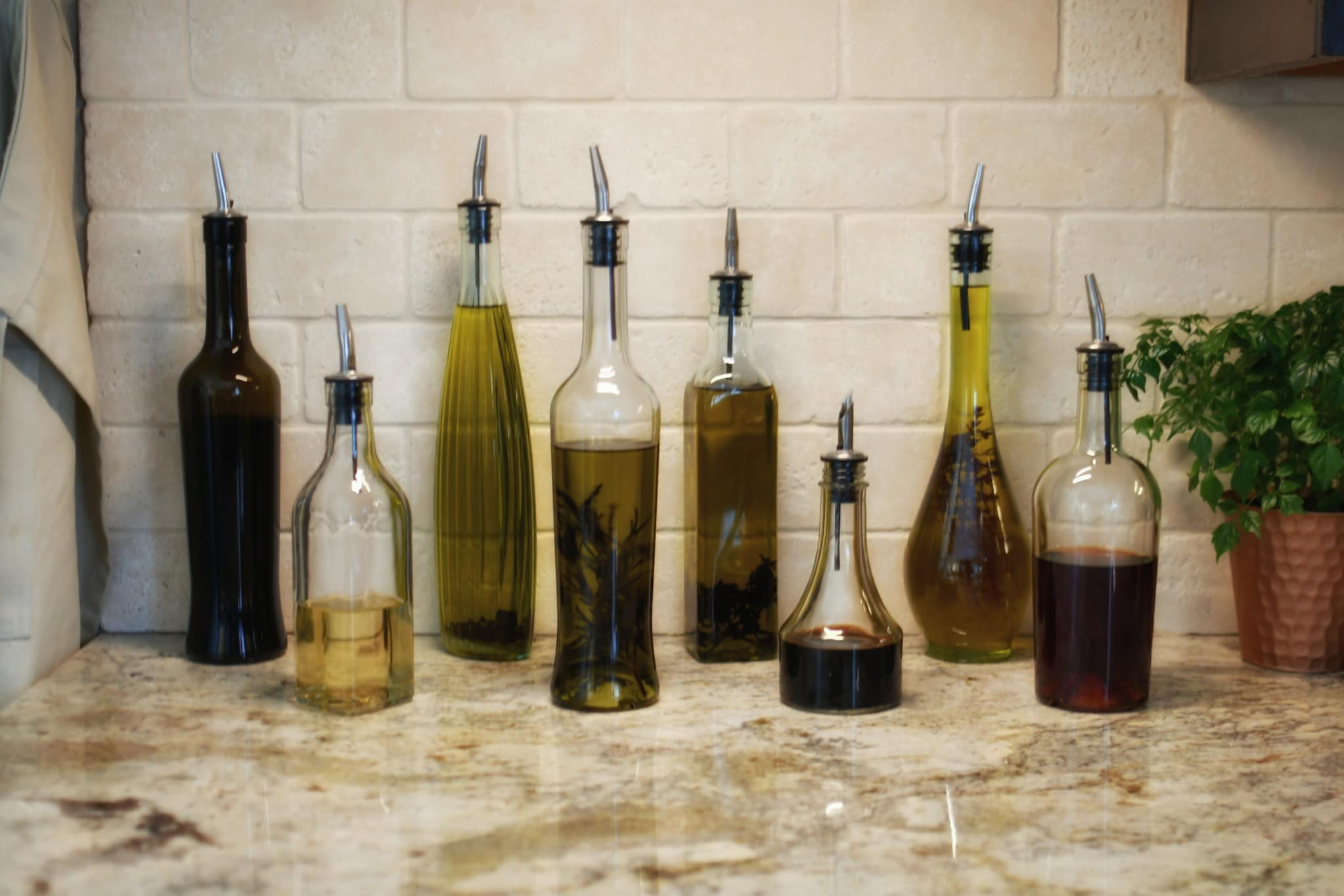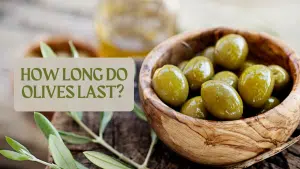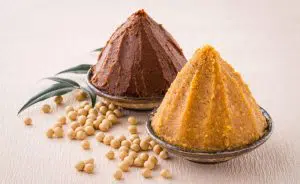How Long Does Infused Olive Oil Last?
Important Note: When you buy through our links, we may earn a commission. As an Amazon Associate we earn from qualifying purchases. Content, pricing, offers and availability are subject to change at any time - more info.
Have you ever bought or made infused olive oil? I love making garlic-infused olive oil at home and use it in various recipes. While oil typically lasts for a long time, I still wonder, how long does flavor-infused olive oil last?
Infused olive oil will last for about 6-12 months, depending on whether there are any fresh ingredients such as garlic inside the oil or not. It also depends on how you store it, as refrigerated infused olive oil will typically last longer than if you leave it out.
It’s important to know how long your olive oil will last so, let’s go through the different types of infused olive oils and find out what their lifespan is.
The Lifespan Of Infused Olive Oil With Fresh Ingredients
Fresh ingredients in the olive oil, such as kumquats, hot peppers, garlic, lemon, or herb plants such as rosemary, will mean that the infused olive oil can go rancid a lot faster. After some time, it will get cloudy, and while it’s still okay to use at that point, it is better to use it up before that happens.
Specific olive oils with fresh ingredients like garlic, onions or lemon, will last about 2-3 weeks in the refrigerator before it starts getting cloudy and rancid. Its peak quality will last about 4 days and then begin to lose some of its flavors.
Infused olive oils with fresh ingredients must be out of the sunlight in cool temperatures. The fridge will prolong its life for a couple of weeks instead of a few days if you do not refrigerate it.
The Lifespan Of Infused Olive Oil with Dried Ingredients
You can use dried ingredients to infuse olive oil, such as dried garlic, cherries, lemons, jalapenos, etc. Using dry ingredients means that there will not be water extending into the oil from fresh ingredients, and this will prevent bacteria build-up, allowing the flavored olive oil to last longer.
Infused olive oil with dry ingredients can last up to 6 months in the fridge, and depending on the flavor ingredient, it can last up to a year. That is generally possible with dried herbs.
The oil still needs to be kept in the fridge to prolong its lifespan. Keeping it from the sun in cool temperatures will prevent the oil from going rancid and cloudy too quickly.
Infused Olive Oil with Removed Ingredients
When you have infused olive oil, but there are no ingredients in it – meaning the components have been removed after steeping, your olive oil is likely to last a lot longer. The flavor has been pulled from the fruits, vegetables, and herbs into the oil, but it is no more present therefore cannot go rancid or moldy.
Infused olive oil with removed ingredients will last up to a year or more if you store it properly – that means away from sunlight and in cool room temperatures. It can last for 2-4 weeks in airtight glass jars or bottles at room temperature and up to a year in the refrigerator.
The flavored olive oil is made by infusing and straining the oil. Therefore anything that can go bad quickly is removed, and only the oil remains. An oil itself lasts for very long periods, even unrefrigerated. So if you are looking to prolong the lifespan of your olive oil, straining the oil is the way to go.
How to Make Your Infused Olive Oil Last Longer
Let’s look at a few easy steps you can take to increase the lifespan of your infused olive oil.:
Use Glass Containers
Using airtight glass jars and bottles is safer and helps your oil stay fresh for longer. Chemicals from plastic can seep into the oil, which is a health hazard and will reduce the essence of the oil.
Use Dark Glass Containers
Dark glass containers over clear glass will prevent UV rays from entering the container and altering the oil. Darker glass, like brown, blue, or green glass, allows the sun to bounce off it, retaining the quality of the infused olive oil.
Boil And Dry The Containers Thoroughly
Boiling the glass jars and containers you use for infused olive oil will kill any germs and bacteria in it. Bacteria that are present will continue to grow and feed off the oil. Simultaneously, bacteria and mold will increase when there is water present. Ensuring that you let them dry completely before adding any oil will prevent your oil from going rancid too quickly.
Heat And Cook The Oil Instead Of Letting It Steep Naturally
The natural method is usually the best way for the health and natural release of flavors. But leaving ingredients such as garlic, fresh herbs, onions, lemon, jalapenos, etc., will start to ferment in the oil while it is steeping.
If you heat the oil and let the ingredients simmer on low for some time, then cool and strain the oil, your beautifully infused, fragrant olive oil is likely to last a lot longer because there was fermentation happening, and there are no fresh ingredients.
Note that this heating method will not work for every flavor, and fruity flavors like cherries, citrus, etc., will need natural steeping, or the flavors might get lost completely.
Why Should You Store Infused Olive Oil In The Refrigerator?
Infused olive oil is quite different from regular oil. While the latter can remain at room temperature, the former will go rancid faster if it is out of the fridge.
When the infused olive oil is exposed to light, oxygen, and heat, it alters the recipe of the oil and weakens its quality. It is especially apparent when the ingredients used to infuse the oil are still present inside.
If the infused olive oil is out of the fridge for longer than a few days, especially if it is made naturally, without heating, it will get cloudy and rancid quickly.
How Do You Know If Infused Olive Oil Is Rancid?
You can do a taste or smell taste. If it tastes or smells like crayons or even slightly sour, it is rancid. It might not make you sick if you use it, but it will alter the flavor of your food. It is best to discard it at this point.
Infused olive oil can last anything from a few days to a few weeks and even up to a year. It all depends on how you make it, the steps you take to prolong its life, and how you store it.
























